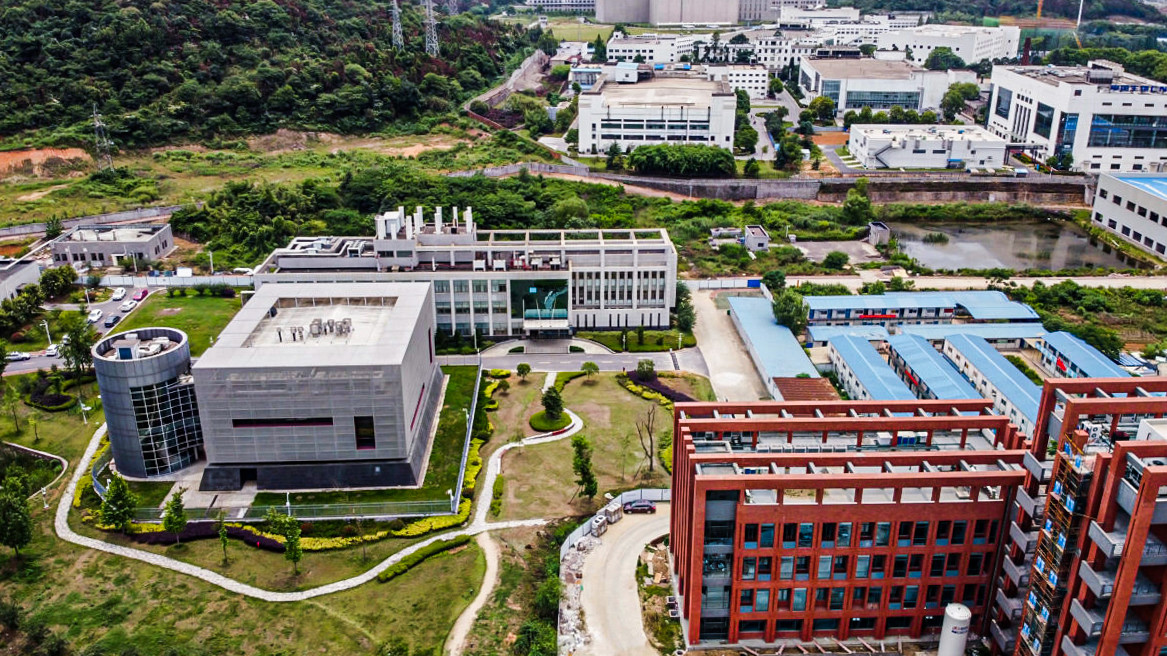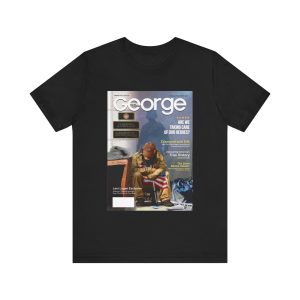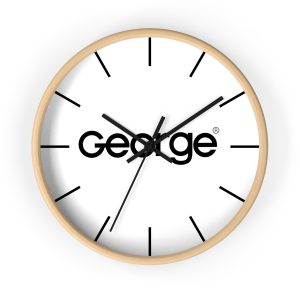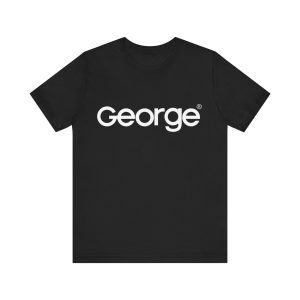

The U.S. National Institutes of Health (NIH) warned of potential issues at the Chinese laboratory complex thought by same to be the originating location for COVID-19, according to a newly released letter.
The NIH “has been made aware of reports that Wuhan Institute of Virology (WIV) has been conducting research at its facilities in China that pose serious bio-safety concerns and, as a result, health and welfare threats to the public, both in China and other countries, including the United States,” Dr. Michael Lauer, an NIH official, said in the missive.
Lauer’s letter was sent on May 20, 2020, to the University of California, Irvine, which had been funneling some of the taxpayer funding it was receiving to the WIV.
The NIH said it was suspending funding for the WIV subaward due to the concerns, effective immediately. That meant the university must not allow further research under the project to be conducted by WIV and must provide no further funding.
The letter was released on May 24 by the U.S. House of Representatives’ Select Subcommittee on the Coronavirus Pandemic.
The University of California, Irvine informed WIV officials six days after receiving the letter that the WIV “must stop work effective immediately on any and all activities supported by the subaward,” according to another letter obtained by the House panel.
After receiving the letter, the university “promptly complied with the directive and communicated to WIV that the research should not move forward,” a university spokesperson told The Epoch Times in an email. The university did not release any funding to the WIV and the planned work “was never undertaken there,” according to the spokesperson. The planned work was later done at the university.
The research in question was aimed at developing herpes virus neural circuit tracers. It received $4.3 million, of which 216,000 was sent to the WIV. At least one research paper published by Chinese scientists cited the award and thanked the university and the NIH.
The letter provides additional evidence that NIH officials were concerned about the U.S.-funded experiments at the Wuhan lab, Justin Goodman, senior vice president at the White Coat Waste Project, told The Epoch Times via email.
“Yet, NIH bureaucrats kept their concerns quiet, coordinated to cover up a possible lab leak, and even fought to keep funding the Wuhan lab,” Goodman added, referring to how some NIH officials worked to promote the COVID-19 natural origin theory and lobbied for continued funding for the WIV.
Rep. Brad Wenstrup (R-Ohio), chairman of the panel, wrote to Dr. Lawrence Tabak, NIH’s acting director, asking for answers on the newly revealed documents.
Wenstrup requested all documents and communications regarding the letter from the NIH to the university and all materials supporting the statement that the NIH had become aware that the WIV had been reportedly conducting research raising biosafety concerns.
“The May 2020 letter is another acknowledgement by the NIH that risky research and lackluster bio-safety were determining factors in revoking U.S. taxpayer funding from the Wuhan lab,” the panel said in a statement. “The NIH failed to share these concerns with the American people.”
The NIH did not respond to a request for comment.
Wenstrup asked for the documents by June 8.
“I think it’s appropriate for the NIH to suspend awards to scientists and institutions found to be carrying out dangerous research,” Justin Kinney, an associate professor at Cold Spring Harbor Laboratory and co-founder of Biosafety Now, told The Epoch Times via email. “In this case, I think the public has a right to know what specific biosafety concerns the NIH had about the WIV, what information those concerns were based on, and if those concerns were related to the origins of COVID-19.”
In a different letter in 2020, Lauer used the same language as in the newly released letter.
Lauer told the EcoHealth Alliance, which had been funneling money to WIV, that the NIH had received reports that the WIV “has been conducting research at its facilities in China that pose serious bio-safety concerns and, as a result, create health and welfare threats to the public in China and other countries, including the United States.”
The alliance had been sending some of the money from a different grant to the WIV.
The NIH also expressed concerns that the alliance had not been properly monitoring WIV and thus suspended its grant to the organization.
The $4.3 million grant was for studying bat coronaviruses.
Federal officials ultimately terminated the subaward to WIV, though they restored the grant to EcoHealth.
More recently, the NIH quietly removed the WIV from a list of foreign facilities that are eligible to receive U.S. taxpayer funds to conduct animal experiments.
“We’ve documented how the NIH was also bankrolling other experiments in Wuhan where animals were deprived of water, drilled into, restrained and electroshocked,” Goodman said. “Shipping tax dollars to a rogue animal lab run by an enemy nation was a recipe for disaster.”
The group will keep working, he added, “to ensure the Wuhan animal lab and others like it never receive another red cent of taxpayers’ money.”




Discount Applied Successfully!
Your savings have been added to the cart.